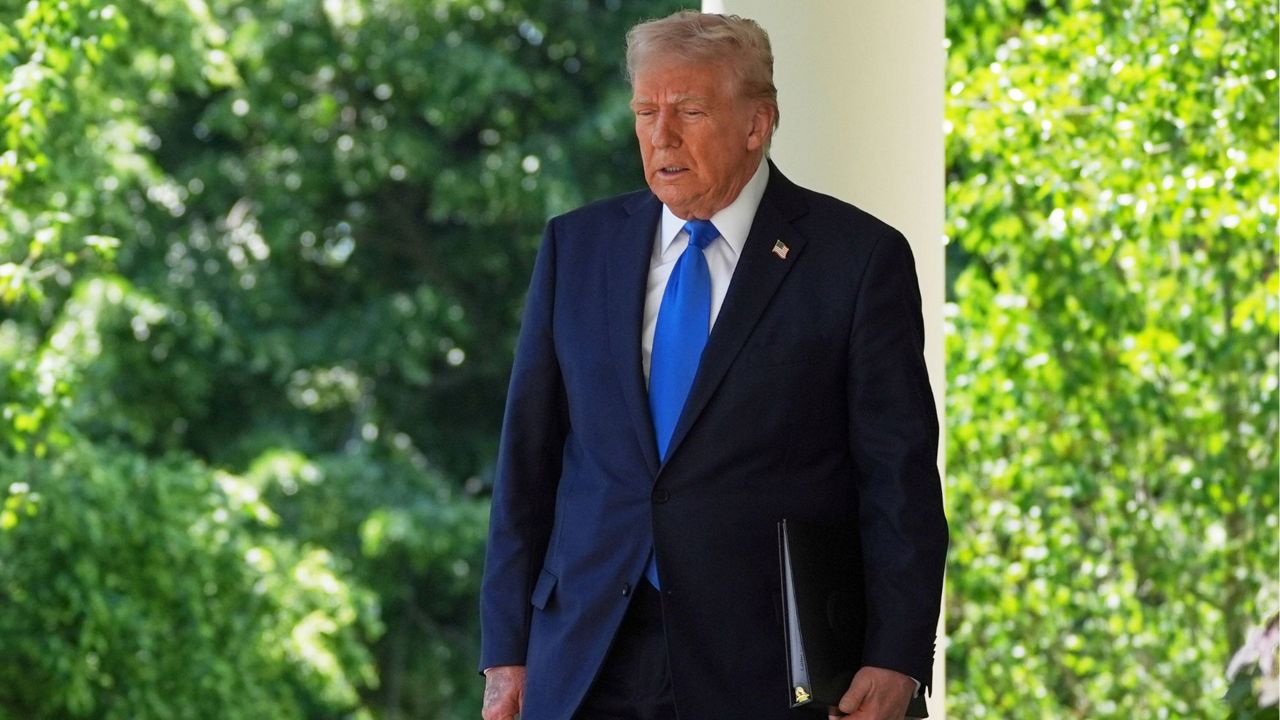Congressional leaders’ top prospect to avert a government shutdown when Congress returns from its month-long break appears a bit clearer this week as reports indicate the top leaders in both chambers are open to a short-term funding measure.
On Monday, multiple outlets reported House Speaker Kevin McCarthy, R-Calif., while on a GOP conference call, offered the idea of taking up a stopgap measure next month to keep the government funded past the end of the fiscal year on Sept. 30.
On Tuesday, Politico reported the man heading the majority party in the upper chamber, Senate Majority Leader Chuck Schumer, D-N.Y., said a stopgap measure makes sense while on a call with reporters about the Inflation Reduction Act.
As the Republican-led House and Democratic-led Senate work out spending plans for the new fiscal year starting in October, a stopgap measure – known as a continuing resolution – would allow them to keep the government funded past Sept. 30 and, at least temporarily, avoid a shutdown.
Despite McCarthy’s apparent openness to a continuing resolution, getting his whole caucus on board will likely be difficult.
A bloc of a conservative House Republicans are insisting on cutting government spending next year – which was a big topic of discussion surrounding McCarthy’s 15-vote battle to get the Speaker’s gavel in January – and some have said they don’t fear a government shutdown to get it.
One of those conservatives, Rep. Chip Roy, R-Texas, told CNN he would not support a CR that kept spending at 2023 levels under any circumstance. He added he might consider a short series of CR’s that last for 24 hours.
McCarthy, according to the reports, would not want the measure to extend past early December.
The Biden administration potentially complicated efforts last week when it asked Congress to approve another $40 billion, including $24 billion in aid to Ukraine and related international needs, in the first quarter of the 2024 fiscal year. The letter the administration sent to McCarthy asked that the funding be included in any potential continuing resolution passed.
The request is despite significant pushback from some in the GOP about the United States’ continued military and monetary support for Ukraine amid Russia’s invasion.
“I just got off a member call - it’s clear President Biden and Speaker McCarthy want a government shutdown, so that’s what Congress will do after we return in September. Everyone should plan accordingly,” Rep. Tony Gonzalez, R-Texas wrote on X, the platform formerly known as Twitter on Monday following McCarthy's call.
Earlier this year, the deal McCarthy and President Joe Biden cut to suspend the nation’s debt limit and keep the U.S. from defaulting included agreements aimed at reining in spending to get GOP support.
But it was not enough for some in the GOP’s right flank, who subsequently held up the House floor for days in protest.
Soon after, Chair of the House Appropriations Committee Kay Granger, R-Texas, said House Republicans will mark up spending bills below the levels in the debt deal, arguing they are a ceiling, not a floor.
The Senate has marked up its bills in line with the levels set by McCarthy and Biden, putting the two chambers at odds.
Before Congress left for the August break, the House passed one of 12 spending bills and abandoned a plan to vote on a second. When lawmakers return to Washington, the lower chamber has just 12 days in session before the Sept. 30 deadline.
The Senate has not passed any of its bills in the full Senate.




%20Cropped)



